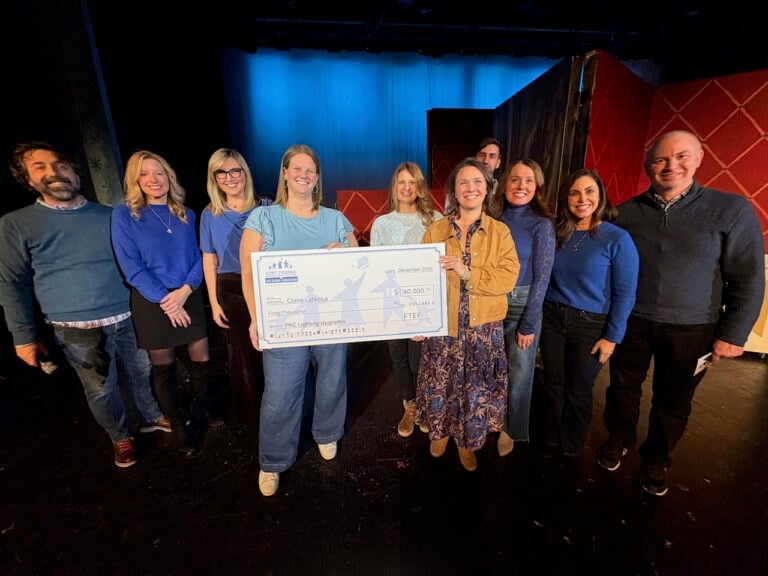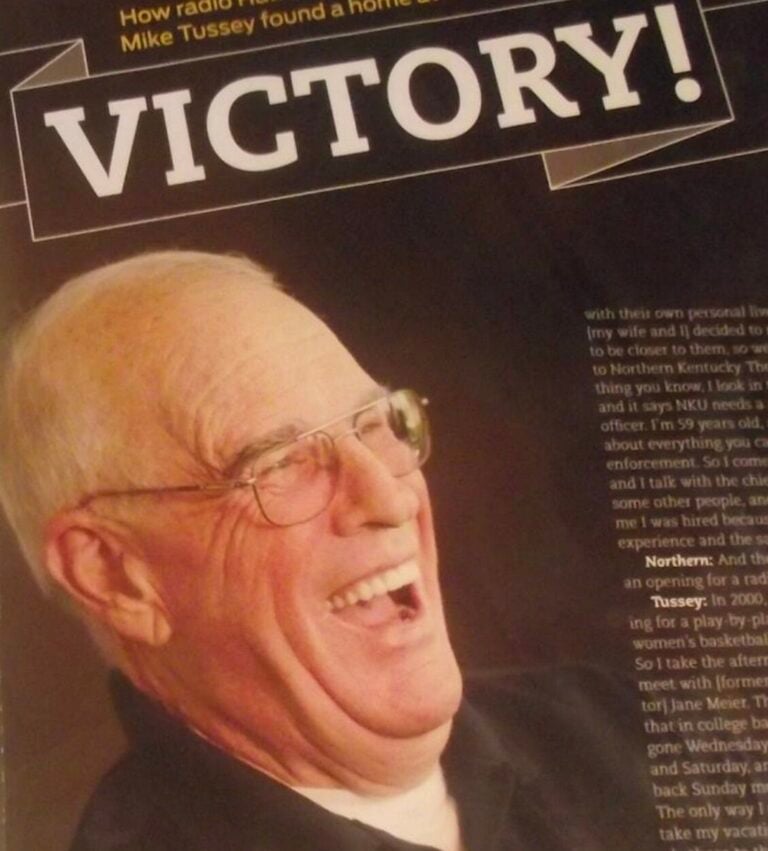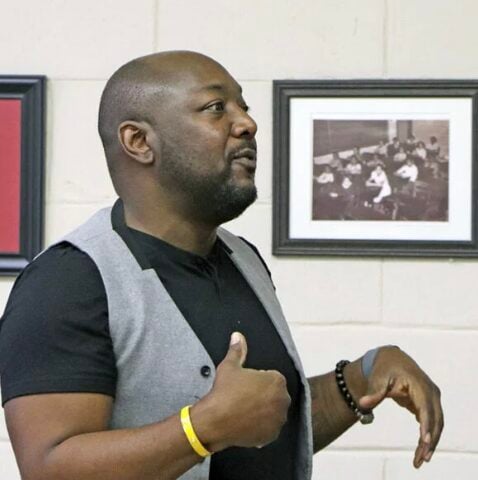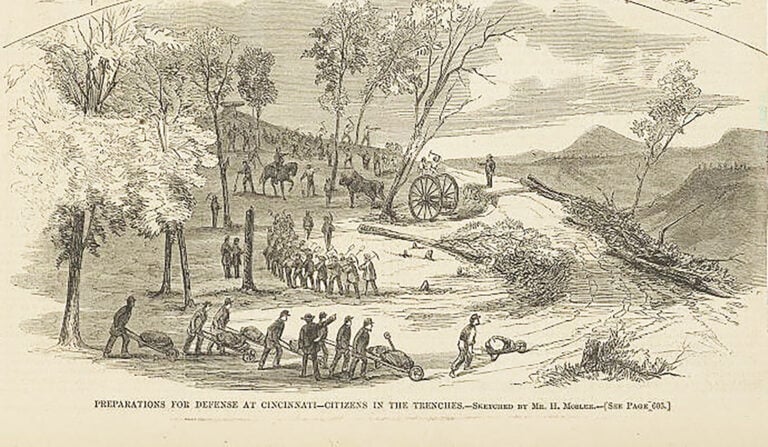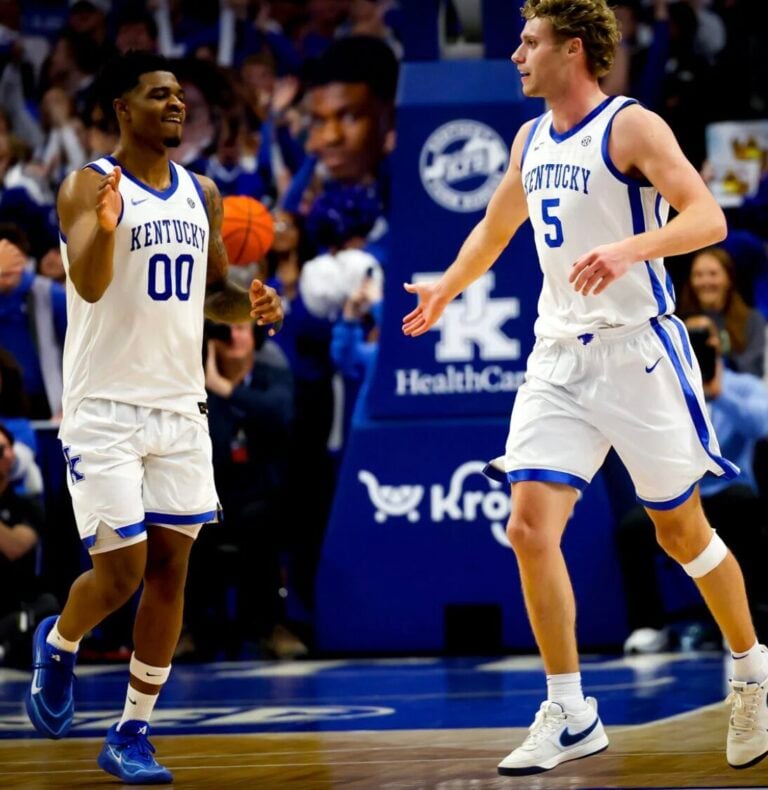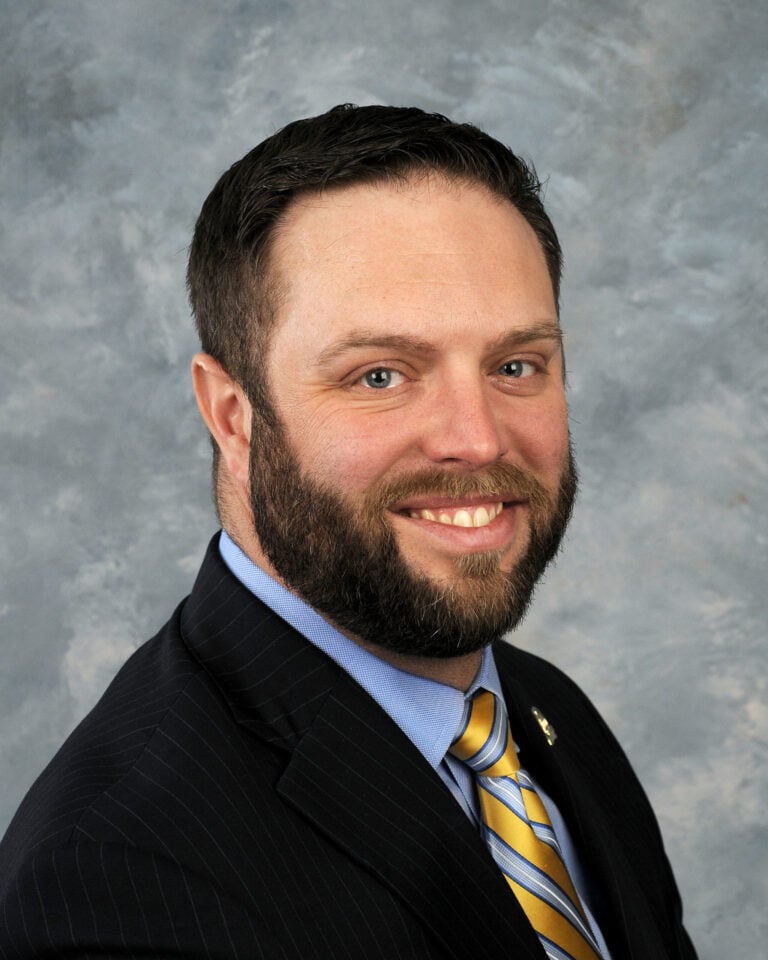For law enforcement agencies accustomed to issuing blanket denials of open records requests for records compiled in an “open” investigation, old habits die hard.
Ignoring a decade-old Kentucky Supreme Court precedent squarely on point, as well as more recent legal precedent, law enforcement agencies apply the same legally repudiated formula to deny access: an “open”criminal case involving any criminal charge means all public records incidental thereto are “closed” to public inspection.
For Tonya Jones this stubborn perversion of Kentucky’s open records law has had a particularly profound and painful impact.
To date, Covington authorities have resisted her efforts, along with those of attorney Paul Hill, to obtain a copy of dash cam and body cam video that sheds light on the mental state of the assailant at the time of his earlier arrest that led to the brutal murder of Jones’s 61 year old father, Johnny Daulton, “in a Kenton County jail cell on May 14 . . . by a lone cellmate placed with him just hours before.”
Northern Kentucky Tribune editor Judy Clabes writes that Daulton’s cellmate, 32-year-old Johnathan Maskiell, “was arrested in Northern Kentucky by Covington police on an outstanding Ohio fugitive warrant on May 13. He had a history of violence and exhibited behavior that suggested a mental imbalance. His visible appearance shows his body covered with tatoos exhibiting Nazi swastika images and violent messages. The message tatooed on his knuckles was: FEAR LESS.”
Maskiell, Clabes reports, was “booked in at 8:10 p.m. that fateful Saturday night and put into the cell with Daulton at 4:47 a.m. Sunday morning. The isolated cell had no video surveillance cameras. At about 2:55 p.m., Johnny Daulton was violently assaulted.
“Maskiell told jail employees that ‘voices’ told him to kill.”
WCPO’s earlier report describes a Kenton County Detention Center deputy who, after hearing two loud thuds, ran to the isolated cell where he witnessed Maskiell “stomp twice on the face of John Daulton.”
Daulton died one week later without regaining consciousness.
Hill — who represents the estate of Johnny Daulton and is working with Tonya Jones — has submitted open records requests in an attempt to ascertain, among other things, “how two inmates were placed in one isolation cell with no video monitoring. Given the age discrepancy and obvious mental issues with violent tendencies present with Maskiell, how could this happen?”
In particular, Hill has focused on dash cam and body cam video from Maskiell’s arrest on an outstanding Ohio warrant, emphasizing that “[t]here are no charges pending in Kentucky relating to this arrest.” He has been careful to point out that Maskiell — now charged with murder based on the brutal jailhouse attack that ended in Daulton’s death — waived extradition to Ohio and faces no charges related to his earlier arrest.
Nevertheless, Hill’s requests have been denied to date.
Without explanation, Covington officials have invoked the “law enforcement” and “privacy” exceptions to the open records law — KRS 61.878(1)(h) and KRS 61.878(1)(a) — to deny Hill’s requests.
https://apps.legislature.ky.gov/law/statutes/statute.aspx?id=51393
They have also invoked KRS 17.150(2), mandating disclosure of intelligence and investigative reports when “prosecution is completed or a determination not to prosecute has been made” — rather than authorizing nondisclosure of the reports during the pendency of the prosecution — according to a November 2022 Court of Appeals’ opinion, Courier Journal, Inc. v. Shively Police Department.
https://caselaw.findlaw.com/court/ky-court-of-appeals/2001652.html (Shively is seeking Kentucky Supreme Court review of the Court of Appeals’ opinion).
https://apps.legislature.ky.gov/law/statutes/statute.aspx?id=46877
But officials have made no attempt to explain how or why their refusal to disclose the video taken when Maskiell was arrested one day before is legally justified. In open records terminology, they have failed to meet their burden of proof to sustain denial statutorily assigned to them.

Quoting Hill, Clabes writes:
“‘The video we requested will show where Maskiell was and why he was picked up on the warrant and will provide valuable insight into what the police and jail were dealing with that night. There is no reason not to give this to us.’”
But the official wagons have circled to keep the victims’ advocates out.
On June 1, Hill received notification that the City of Covington “has elected not to disclose portions or all of the requested recordings pursuant to KRS 61.878.
“Specifically, KRS 61.878((1)(a) provides ‘Public records containing information of a personal nature where the public disclosure thereof would constitute a clearly unwarranted invasion of personal privacy.’
“Body camera footage from this incident is exempt from public disclosure pursuant to KRS 61.878(1)(h) and KRS 17.150(2)(d), which is incorporated into the Open Records Act by operation of KRS 61.878(1)(1). . .
“The requested body camera footage is not yet open to the public as the investigation and potential prosecution of the event depicted in the bodycam
video is still open, active, and ongoing. Therefore, this footage is exempt from public disclosure at this time.
“Once the prosecution has completed or a decision not to prosecute has been made related to this incident, the materials will become available for public inspection.”
A June 6 letter from the Covington City Attorney to Hill confirmed the “succinct and accurate statement” of the city’s position. Additionally, the City Attorney denied the existence of “a public interest that outweighs the privacy interests of Mr. Maskiell” — no public interest, he would have us believe, in assessing Maskiell’s mental state, as evidenced in the arrest video, and the wisdom of placing him in an unsurveilled isolation cell with an older and vulnerable man.
Simply put, Covington officials quoted the statutes, but make no effort whatsoever to meet their statutory burden of proving that those statutes justify denial of Hill’s request.
https://apps.legislature.ky.gov/law/statutes/statute.aspx?id=51394 (see subsection (2)(c))
Nor can they justify the denial of Hill’s requests, given the fact that there are no charges pending in Kentucky relating to Maskiell’s May 13 arrest and the video related thereto.
What they offer instead is a generalized boilerplate response devoid of a factual basis for broadly invoking the “law enforcement” exception, or identifying Maskiell’s privacy interest in the video of his arrest as superior to the public’s (and Tonya Jones’s) interest in disclosure.
Ten years after City of Fort Thomas v Cincinnati Enquirer, two years after University of Kentucky v The Kernel Press, and seven months after Courier Journal v Shively Police Department, Covington officials fail to establish that “because of the [arrest video’s] content, its release poses a concrete risk of harm to the agency in the prospective action” or even to suggest that a prospective action related to the May 13 arrest — hours before he was placed in an isolation cell with Johnny Daulton — is contemplated.
https://caselaw.findlaw.com/court/ky-supreme-court/1643297.html
https://casetext.com/case/univ-of-ky-v-kernel-press-inc
https://caselaw.findlaw.com/court/ky-court-of-appeals/2001652.html
Just last week, the Office of the Attorney General issued two open records decisions determining that Louisville Metro Police Department’s “limited and perfunctory response[s]” to separate open records requests for investigatory records violated the open records law. LMPD “merely paraphrased the statutory text of the claimed exceptions” without explaining their application to the records withheld.
https://www.ag.ky.gov/Resources/orom/2023-OROM/2023/23-ORD-125.pdf
https://www.ag.ky.gov/Resources/orom/2023-OROM/2023/23-ORD-126.pdf
Kentucky’s Supreme Court reminds us that Covington’s boilerplate denial of Hill’s request “is not how the ORA process works. [The] assertion of a blanket exemption to disclosure [is] wholly insufficient.”
https://casetext.com/case/univ-of-ky-v-kernel-press-inc
It is, in fact, contrary to both the spirit and the letter of the open records law.
Covington’s indifference to the surviving family members’ — not to mention the public’s — right to know Maskiell’s mental state at the time of his arrest, and to assess the decision to place him in an isolation cell with Johnny Daulton, ignores the overwhelming weight of legal authority. It is also deeply disturbing.
There is no impediment to disclosure of the video of Jonathan Maskiell’s arrest. And there can be no corrective action without disclosure of these and other related public records that factored into the Kenton County Detention Center officials’ ill-advised placement decision and its tragic consequences.
“Circling the wagons to keep victims’ advocates out” does not — to put it mildly — constitute a legally recognized basis for denying open records access.
Amye Bensenhaver is a retired assistant attorney general who authored open records and open meetings decisions in that office for 25 years. She is co-founder and co-director of the Kentucky Open Government Coalition along with Jennifer P. Brown, former editor of the Kentucky New Era and currently Hoptown Chronicle editor.








